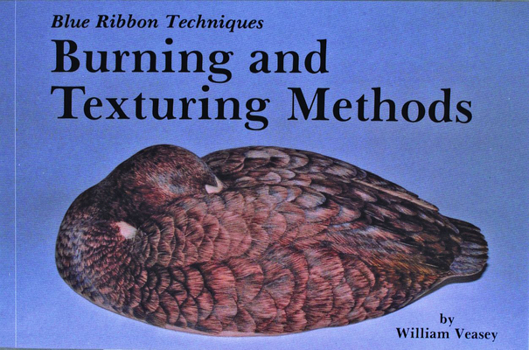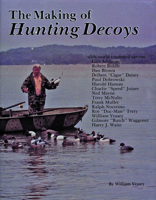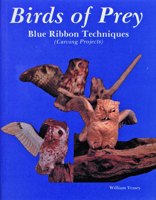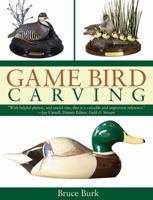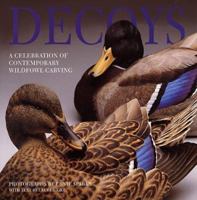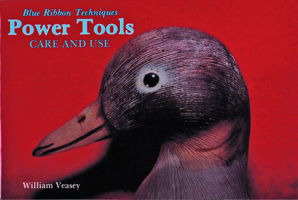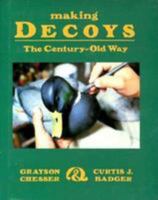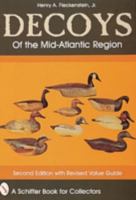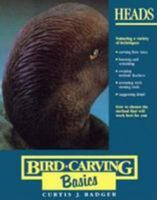Burning and Texturing Methods (Blue Ribbon Techniques)
Select Format
Select Condition 
You Might Also Enjoy
Book Overview
How to use your burning and texturing tools to achieve brilliant results. Crisp step-by-step photographs and instructions will enable the beginner to detail carvings with a minimum of difficulty and magnificent results. It will give the expert blue ribbon ideas that will make the best of show.
Format:Paperback
Language:English
ISBN:0887400132
ISBN13:9780887400131
Release Date:January 1997
Publisher:Schiffer Craft
Length:64 Pages
Weight:0.38 lbs.
Dimensions:0.3" x 9.1" x 5.9"
More by Janice Rider Ellis
Customer Reviews
12 customer ratings | 5 reviews
There are currently no reviews. Be the first to review this work.









